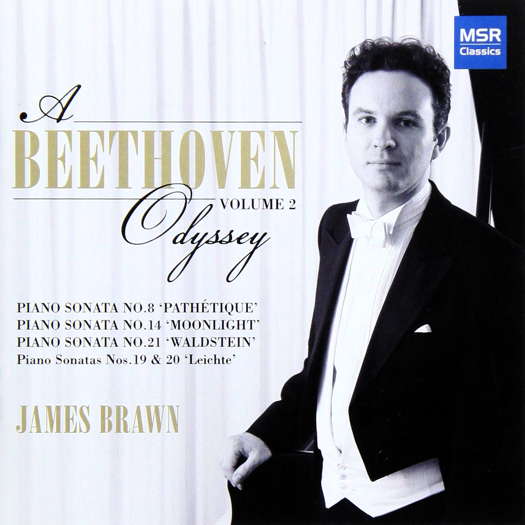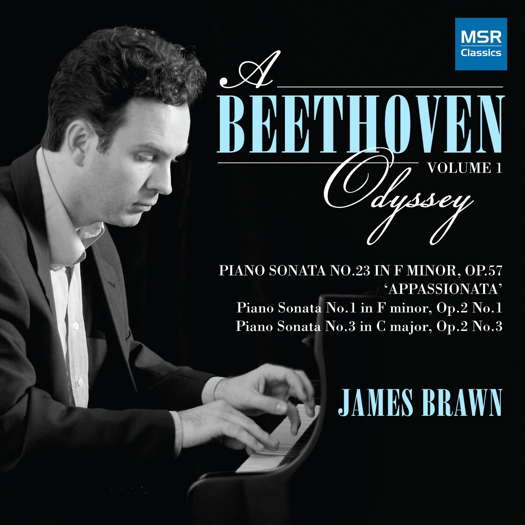- David Angel
- Trinidad
- Kent Nagano
- Pablo Ferrandez
- Beethoven: An die Ferne Geliebte
- Ava Dodd
- ACO Collective
- Japurá River
Pretty Much Flawless
LUCAS BALL listens to Beethoven, Tchaikovsky and Brahms from Viv McLean, Keith Slade and the Worcestershire Symphony Orchestra
Hearing Viv McLean playing Beethoven's Emperor Concerto is hard-to forget. He forever looked up at conductor Keith Slade as if verifying that the ensemble between piano and orchestra was as tight as it needed to be. This pursuit worked wonders, the solo playing itself was pretty much flawless (if indeed flawlessness is possible) and McLean was aptly called 'a genius' by Keith Slade.
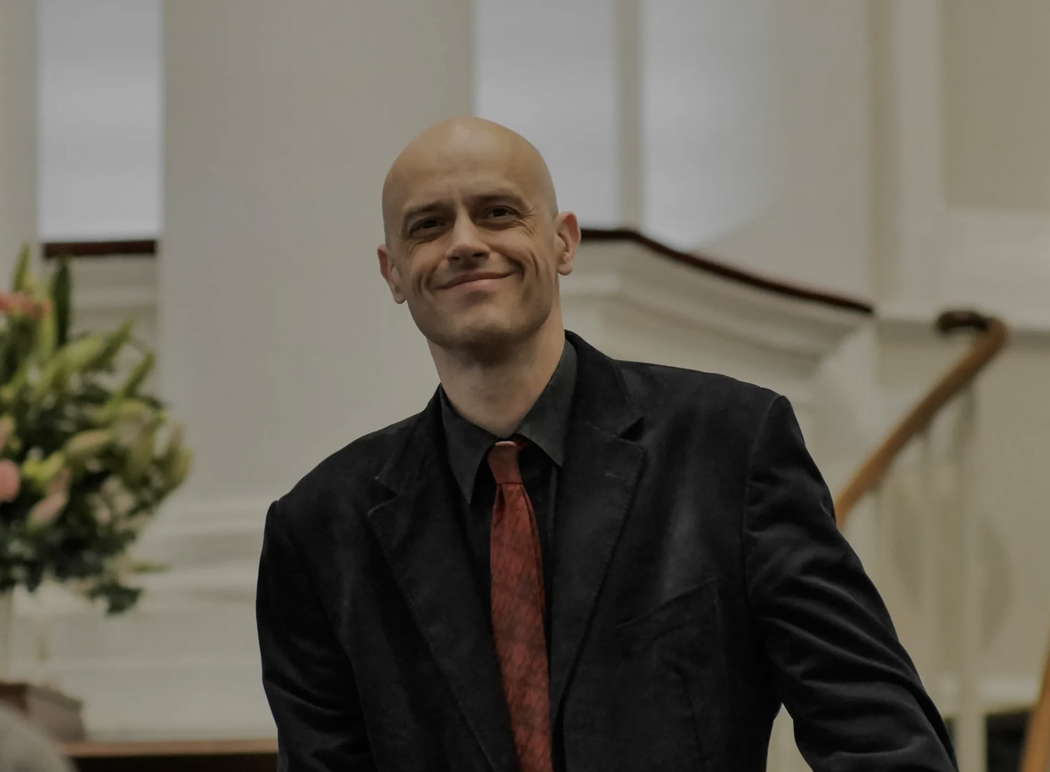
Viv McLean
Any questionable moments during Tchaikovsky's Romeo and Juliet Fantasy Overture were redeemed by some stirring passages as time went on. The famous theme had plenty of aesthetic appeal and shape in phrasing. Rhythmic verve was there in aggressive passages.
Right from the outset of Brahms' Symphony No 3, all sections of Worcestershire Symphony Orchestra demonstrated the composer's maturity, Keith Slade unleashing this, whilst also divulging the curious 'classical' structural elements of the symphony as well.
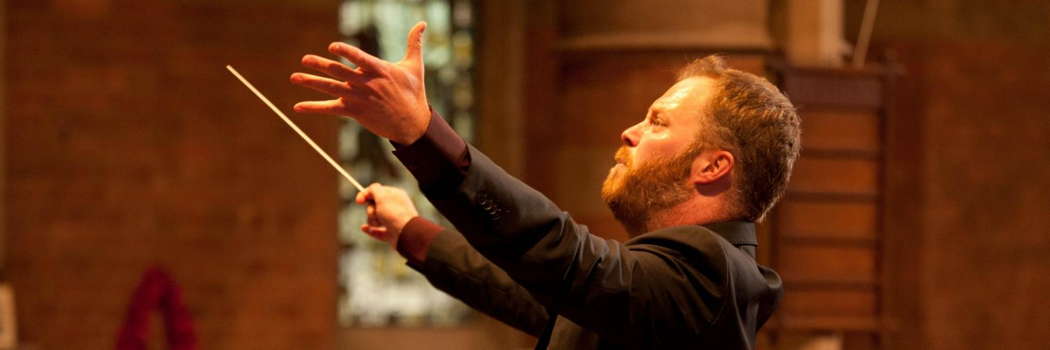
Keith Slade
The third movement in particular had a quite soporific effect. I think it could be that in being introverted, Brahms did not mind if it turned soporific, so this is no insult to Brahms. If anything, quite the reverse is true, and in the Worcestershire Symphony Orchestra's reading of this work, the calmative effect was pulled off.
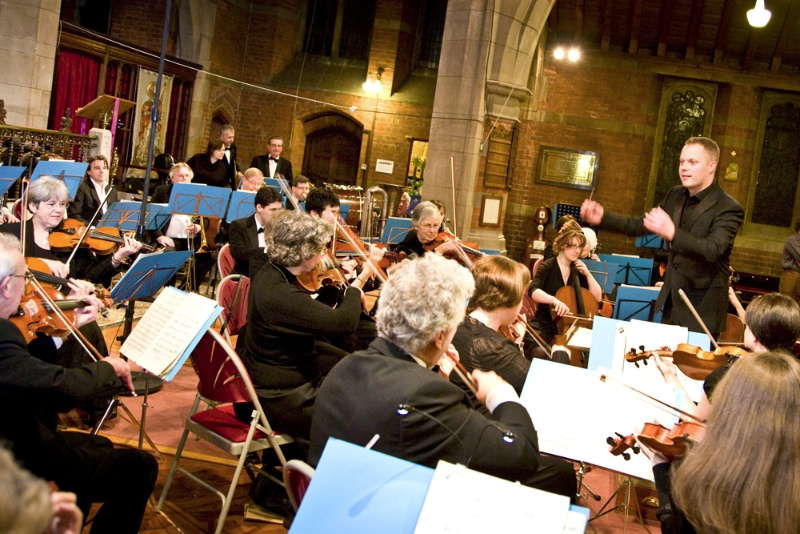
Keith Slade conducting the Worcestershire Symphony Orchestra
I am looking forward to the Worcestershire Symphony Orchestra's rendering of Mahler's Resurrection Symphony at Worcester Cathedral in May 2023.
Copyright © 20 November 2022
Lucas Ball,
Worcestershire UK

CLASSICAL MUSIC ARTICLES ABOUT WORCESTERSHIRE, UK


